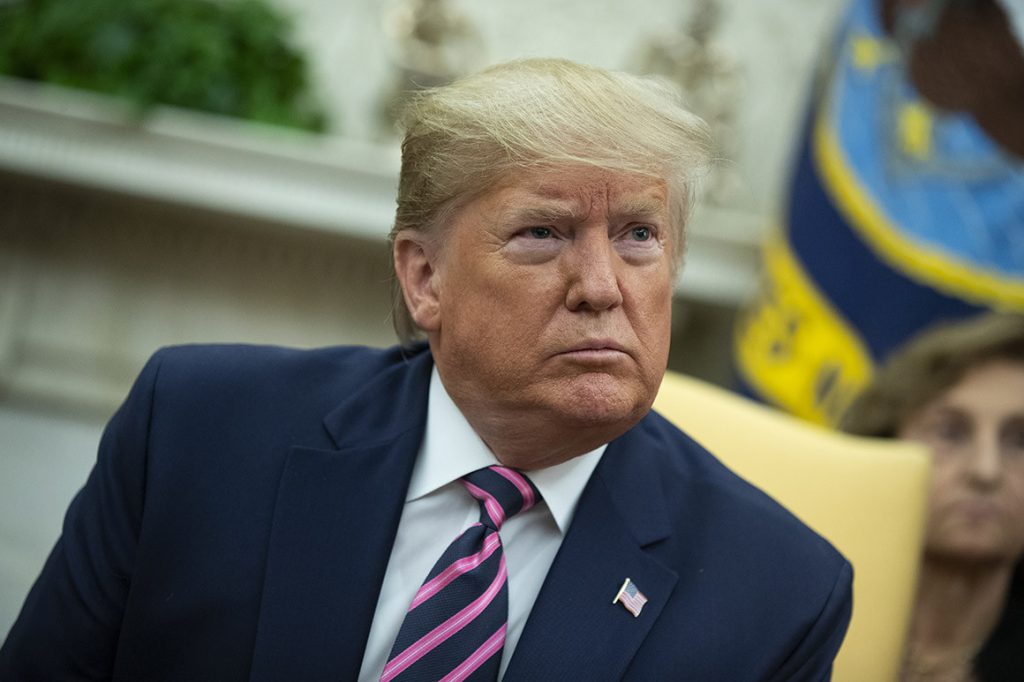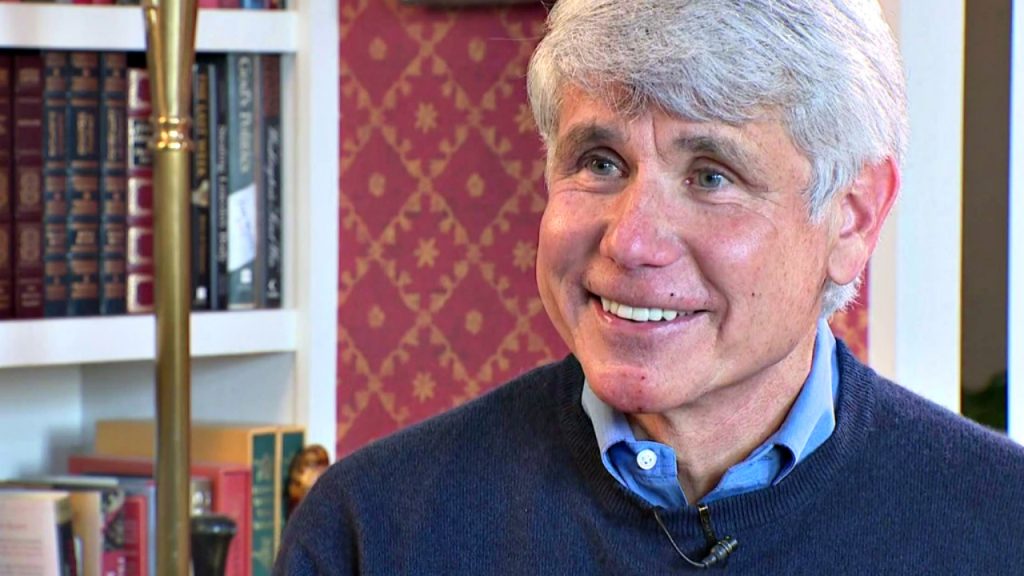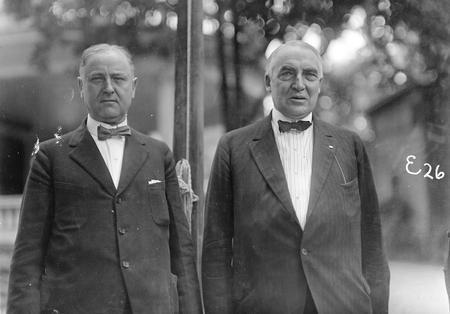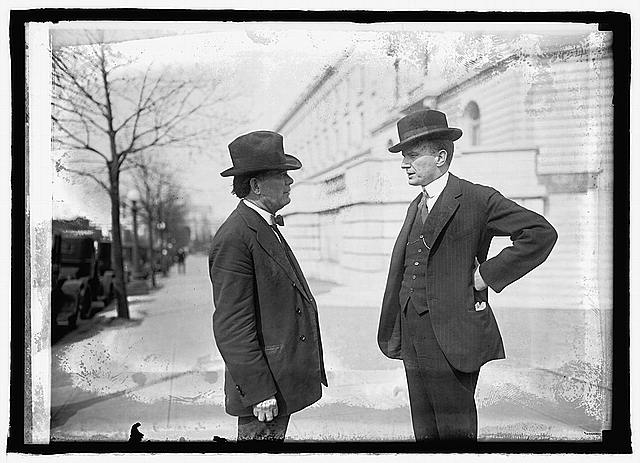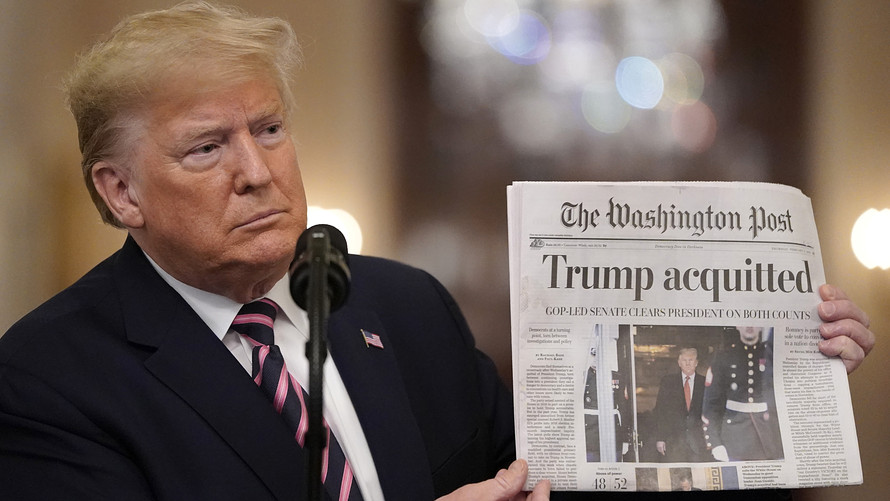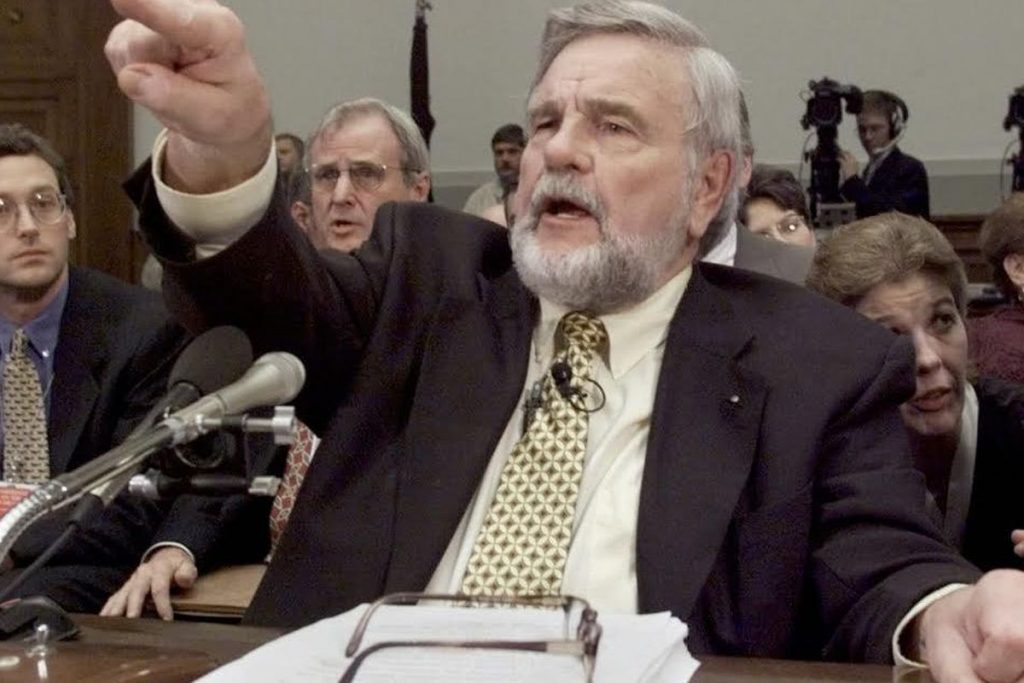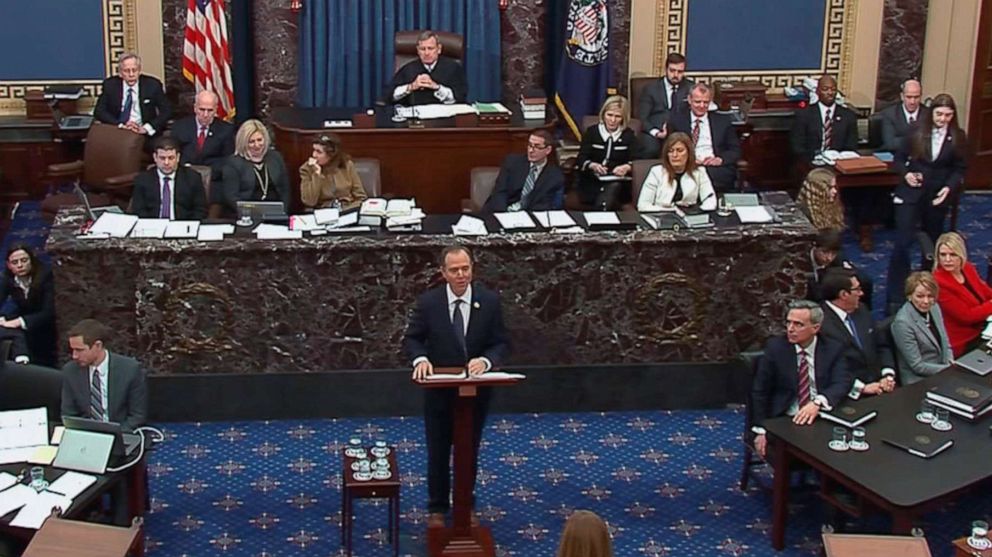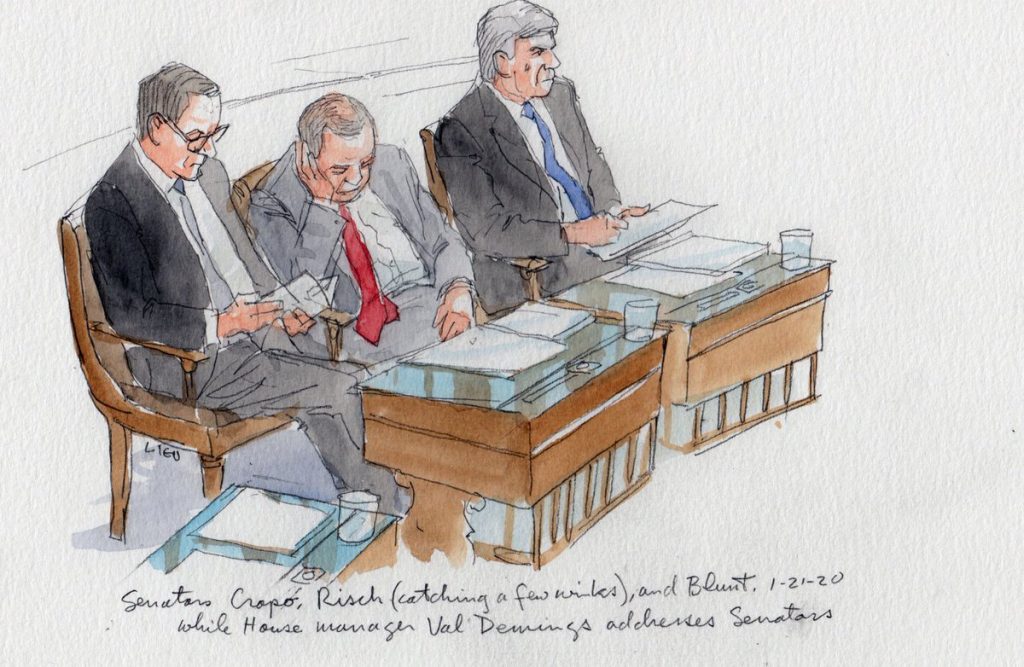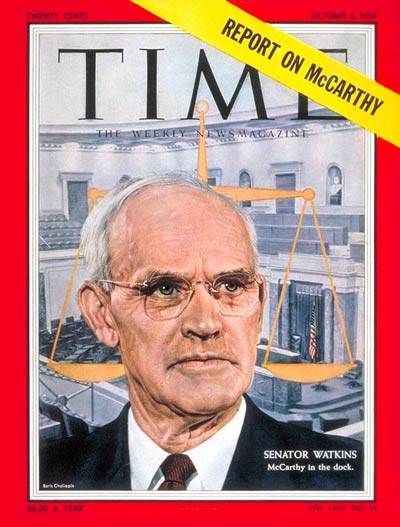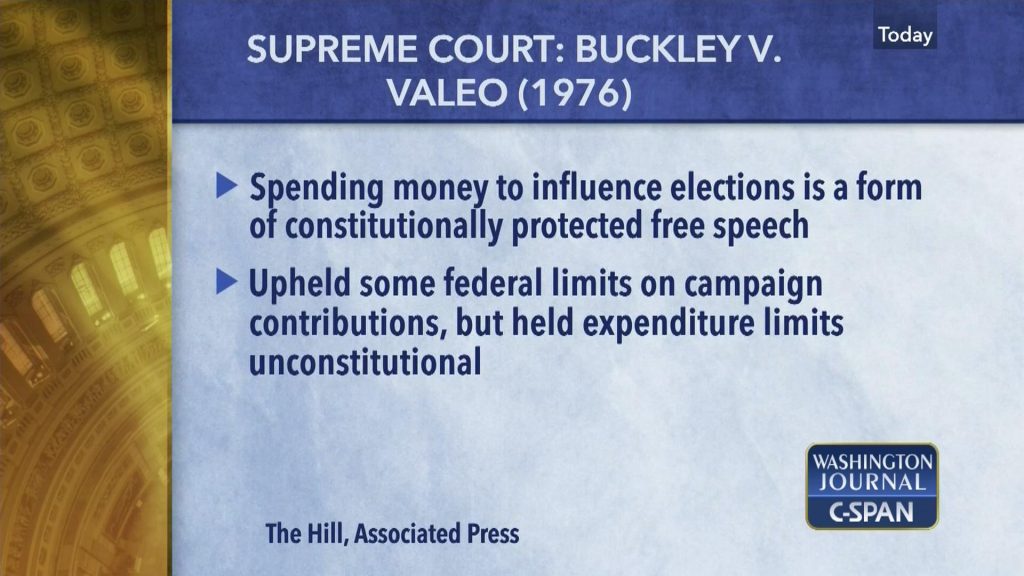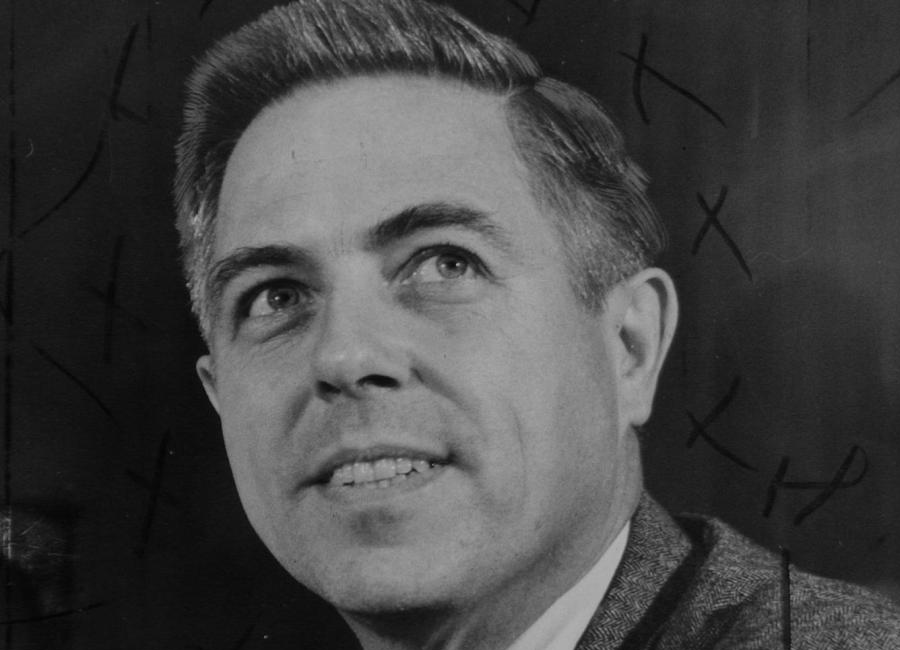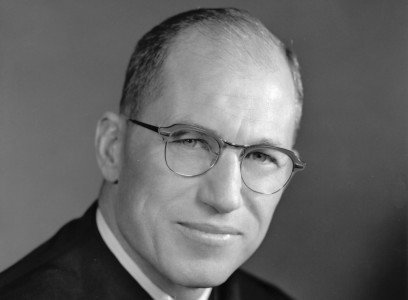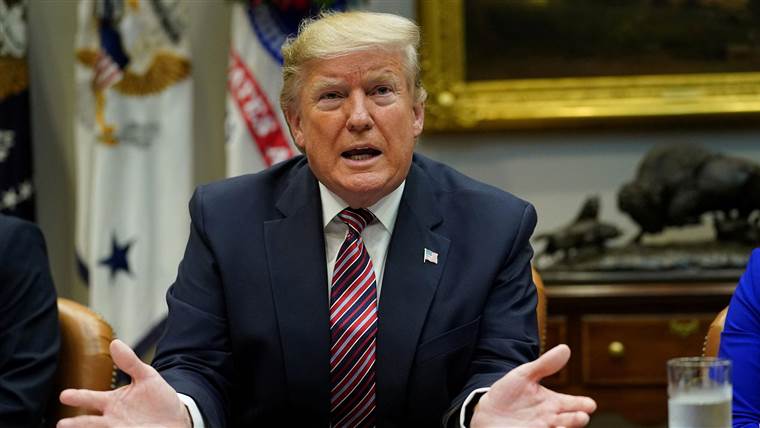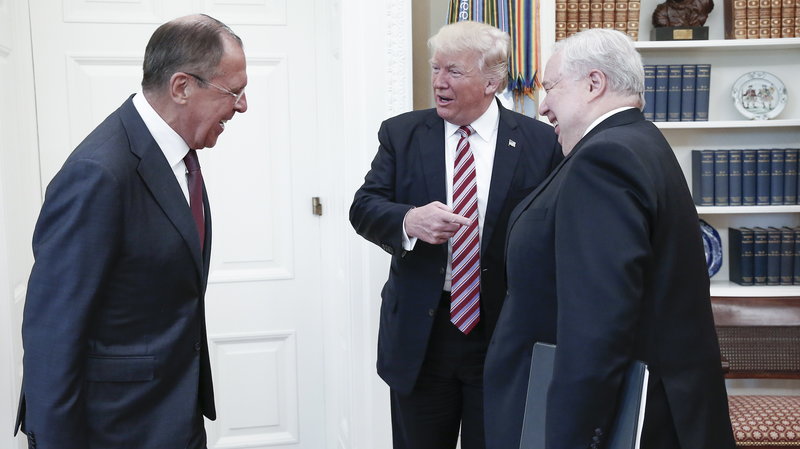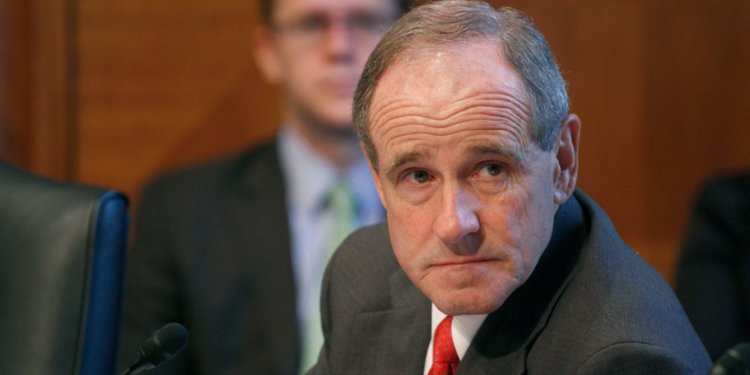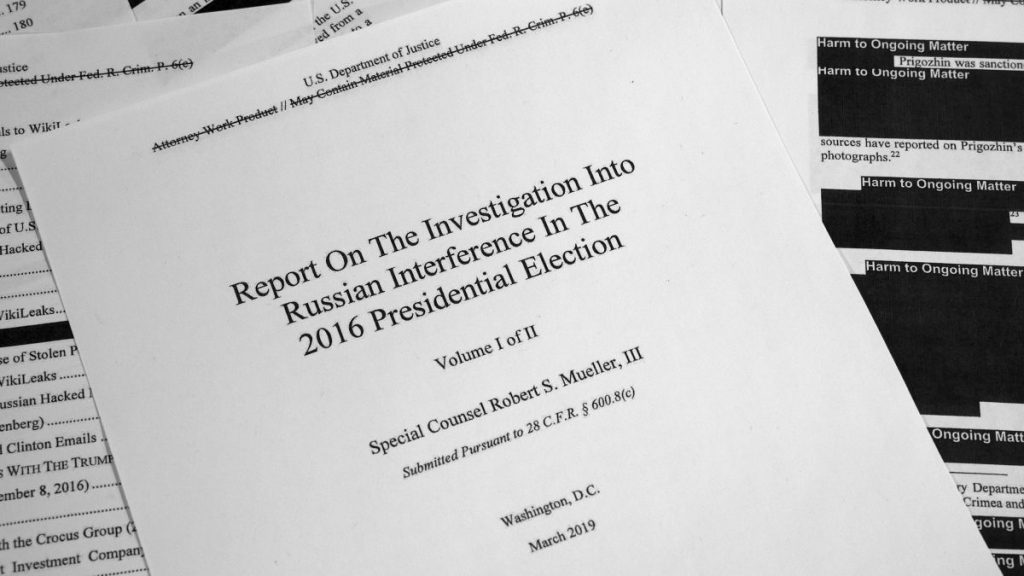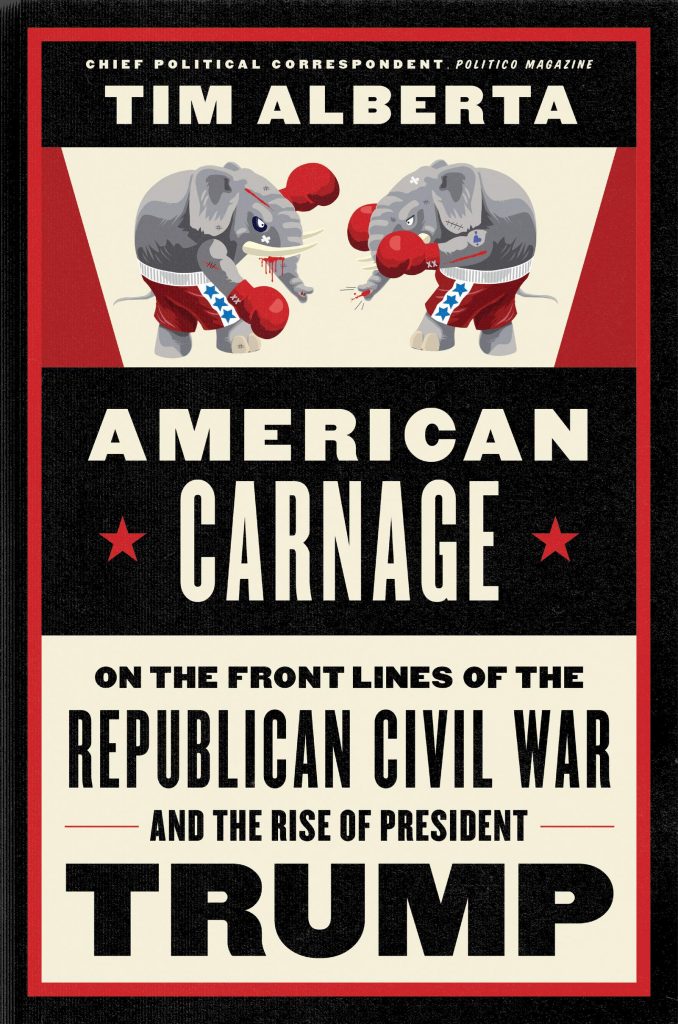Everyone who has studied the facts – a notable exception being the president of the United States – knows that Russian dictator Vladimir Putin directed specific measures to help elect Donald Trump in 2016.
All the nation’s intelligence agencies, the relevant Congressional committees, numerous independent analysts, volumes of reporting and a special counsel confirm what the Russians did. That elements of one political party and its leader dismiss the Russian malevolence simply cannot change the facts.
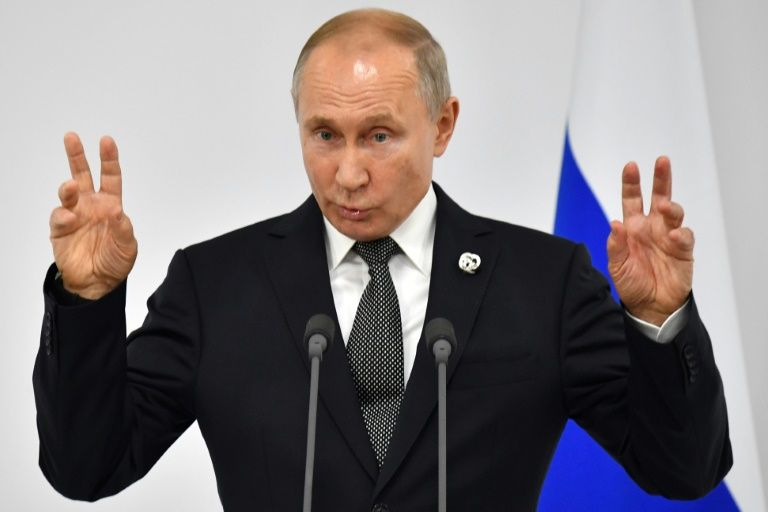
Vladimir Putin, the man along with Donald Trump, who has remade the Republican Party
It doesn’t help the Republican argument for dismissing the facts that some members of the party appear to be deeply compromised by connections to shadowy foreign actors. House minority leader Kevin McCarthy, for example, has been the recipient of campaign contributions from now indicted operatives tied to Ukrainian oligarchs who are in turn connected to Moscow. Congressman Devin Nunes has similar connections. A former Republican congressman, Dana Rohrabacher, has admitted his contacts with the email leaker Julian Assange whose activities demonstrably helped Trump in the last election. McCarthy once reportedly said he was convinced that both Trump and Rohrabacher were essentially paid Russian agents.
Nor does it help GOP credibility that some like Idaho Senator Jim Risch cheerfully dismisses the seriousness of the Russian effort by saying Russians have been doing this kind of thing for a long time. Almost identical words come out of the mouth of Trump’s new hyper-partisan and demonstrably unqualified director of national intelligence.
The “this is nothing new” rationalization is, of course, preposterous. Only recently have American political campaigns involved massive use of social media platforms like Facebook and Twitter and only a sophisticated former KGB operative like Putin could elevate international mischief to a foreign policy, which is precisely what the Russians have accomplished.
Amid the Trumpian chaos it’s easy to forget that the president’s former campaign manager is in jail for hiding his financial involvement with Russian-connected Ukrainian oligarchs and his former national security advisor and oldest political advisor are headed to jail for lying about various aspect of their own involvement with Russia.

Soviet leader Nikita Khrushchev with then Vice President Richard Nixon in 1959. Republican skepticism of Russia goes way back, but has effectively ended with Trump
It must be particulary gratifying for Putin that he has helped install a Republican president and assisted in the profound corruption of a political party that in no small sense owes its modern existence to decades of hostility to Russia. From Warren Harding to Ronald Reagan, the GOP warned of the evil intentions of an evil empire. Republicans, led by Joe McCarthy and a generation of Cold War hawks, both politicized and profited by their anti-communism.
American foreign policy from 1945 to the 21st Century was defined by a contest between the Kremlin and American leadership of a western alliance determined to check Russian advancement. While much of the blustering was overblown, not all was mere partisan hyperbole. Stalin and a successor of Russian dictators did foment revolution, did vie for global dominance and did threaten American interests. Putin is cut from the same cloth.
Yet, now a Republican president and much of the party’s rank and file dismiss Russia as Risch does as “overrated” and Putin and his henchmen as, “These guys, they are all bluster.”
Now comes the realization that the leading candidate of the other major political party is also becoming a channel for Russian involvement in American politics.
“I suspect that, for our people [at the top], [Bernie] Sanders looks like the mad professor from ‘Back to the Future,’” Russian political scientist Ekaterina Schulmann told Julia Ioffe, the Russian-born American journalist who provides some of the most searching current insight into Putin’s motives.
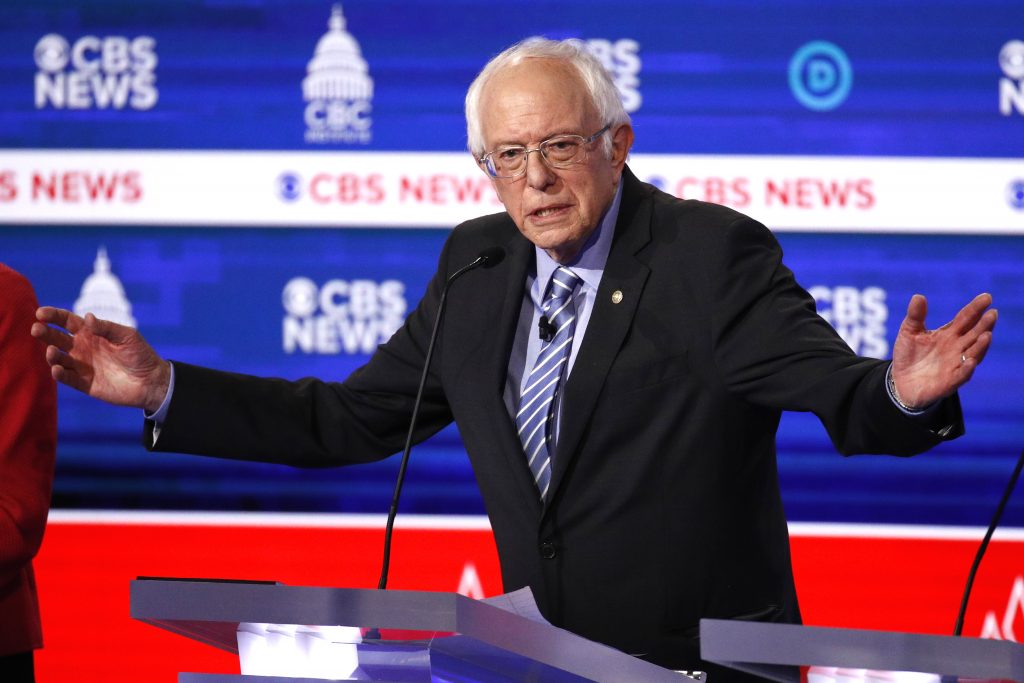
Bernie Sanders, the would-be Democratic front runner, is a convenient vehicle for sowing discord in American politics. Putin knows it if many of us don’t
In essence the old lefty Bernie, always willing to put the best gloss on Castro or the Sandinistas, is a great vehicle for Putin, “very convenient for starting a pan-American brawl,” in the words of the Russian political scientist. Sanders is, of course, less dangerous than Trump, but such an easy mark for Trump’s demagoguery, and Putin’s. The Russian manipulator loves it, Schulmann said recently, when Americans “fight each other while we lay another gas pipeline somewhere!”
Amid the clear evidence of Russian support for Trump is the equally obvious fact, as American intelligence agencies have reportedly confirmed, that Putin will advance Sanders’ candidacy because he knows it will both help his favorite Republican and sow discourse in the American body politics. Again, the Russian political scientist, Schulmann, puts a fine point on the Kremlin strategy: “Our candidate is chaos,” she says.
Putin has a plan and it is succeeding beyond his wildest dreams. He elevates his own economically challenged and ethically bereft country by diminishing western democracy. To disadvantaged Russians, plagued by a police state mentality, bombarded with official propaganda and held in check by a collection of corrupt oligarchs who loot the nation’s resources, Putin’s rule doesn’t look so bad particularly compared to an American democracy divided by race and class and ruled by a narcissistic authoritarian who constantly attacks the courts, the press and his opponents. Our chaos is Putin’s catharsis.
A divided Europe works to Vlad’s advantage, so he generously encourages Brexit and cheerleads to weaken NATO. Putin longs to control and plunder Ukraine, as Stalin once did, and Donald Trump is his useful idiot in helping with that strategy. Since the time of the czars Russia has lusted after a starring role in the Middle East. Trump has obliged.
If there is any doubt that the modern Republican Party – what’s left of it – is playing out its role in this brutal strategy you need look no farther than Trump’s recent dismissal of Joseph McGuire, the former Navy Seal admiral cashiered as director of national intelligence. McGuire was fired for doing his job, especially warning about Russian methods and intentions. The silence over the firing and the subsequent promotion of a Trump loyalist to the critical role garnered nary a word of pushback from GOP politicians. Risch, a senior member of the Senate Intelligence Committee, was silent, signaling his acceptance.
It was left to retired Admiral William McRaven, the guy who led the effort to find and kill Osama bin Laden, to speak the truth about Trump and the GOP. “As Americans, we should be frightened — deeply afraid for the future of the nation,” McRaven wrote in the Washington Post. “When good men and women can’t speak the truth, when facts are inconvenient, when integrity and character no longer matter, when presidential ego and self-preservation are more important than national security — then there is nothing left to stop the triumph of evil.”
We should be frightened. The courage is running out of American democracy. It’s happening right in front of our eyes.
—–0—–
Further reading:
- Donald Trump’s new acting director of National Intelligence caused a good deal of havoc during his time in Berlin. Background from Foreign Policy.
- Some Scottish politicians, as the Scotsman newspaper reports, want an investigation of Trump’s financing of his golf properties in that country.
- If you are as upset as I am about cheat in baseball this piece from historian Sean Wilentz, sadly, won’t make you feel better.
- And…I highly recommend Howard Bryant’s latest book – Full Dissonance – a searing take on race in America, sports, the military, etc. And a good interview with the author here.

